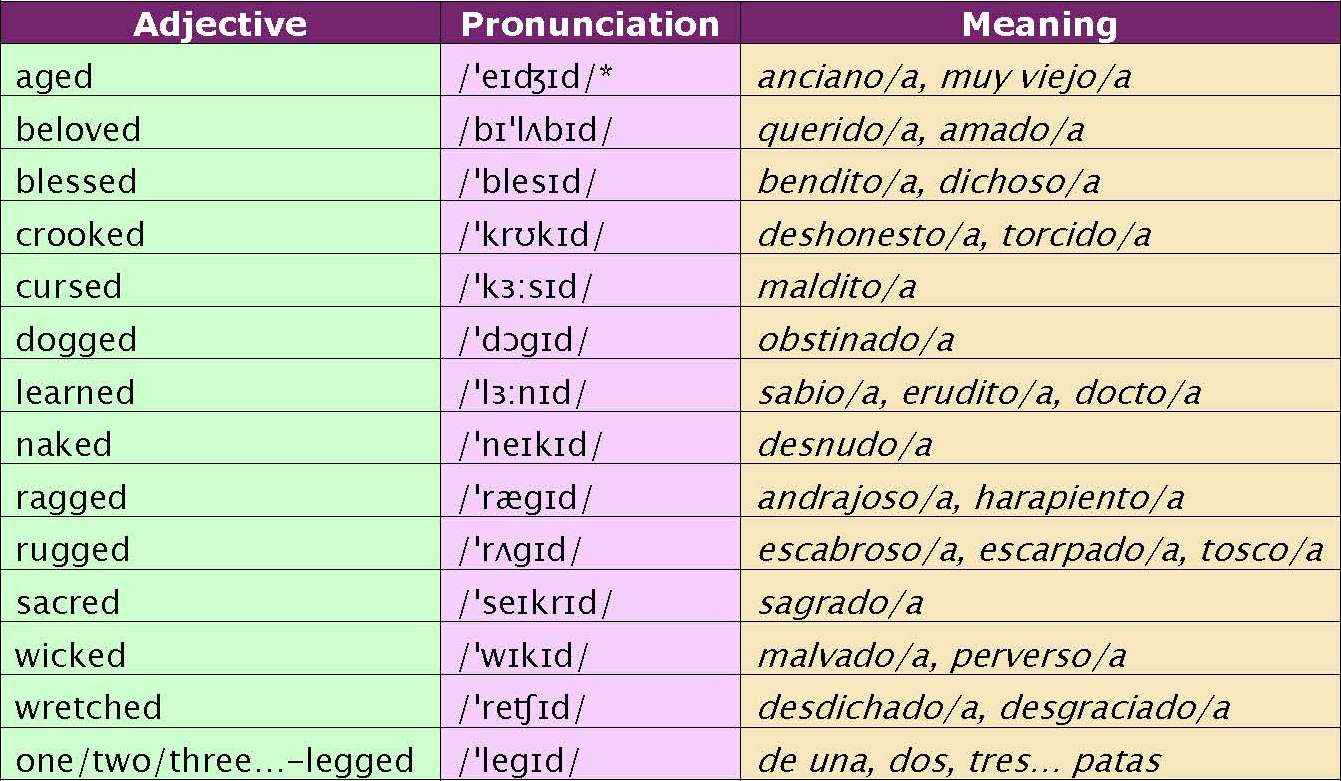2. Paco was exhausted after the flight
Do you remember what Paco did when he arrived in Johannesburg? Yes he went to the hotel and relaxed in the bar of the hotel before going to his room and sleep. He was exhausted after the flight. Paco thinks travelling is exhausting.
As you can see, there are two participial adjectives in the sentences above: exhausted and exhausting. They are called participial adjectives because the former is a past participle and the latter is a present participle. Let's see some other examples.
 |
| By slworking2. C. Commons |
| Past Participial Adjective |
Present Participial Adjective |
| bored | boring |
| surprised | surprising |
| frightened | frightening |
| excited | exciting |
| shocked |
shocking |
 |
Find out five more participial adjectives in the story the man told about the thunderstorm when he was a child at the beginning of the topic and complete the chart.
| Past Participial Adjective | Present Participial Adjective |
Sometimes we doubt which of the participial adjective we have to use, either the present participial or the past participial one.
* The past participial adjectives (bored, surprised, frightened, etc.) are used to express feelings, that is how people feel.
e. g. Paco was exhausted after the flight from the States.
* The present participial adjectives (boring, surprising, frightening, etc.) describe the people or things that cause those feelings.
e. g. The flight was exhausting, so Paco was exhausted after the flight from the States.
Click on the presentation below to see a summary and more examples of participial adjectives.
 |
Which is the correct adjective, the present or the past participial one?
 |
| By kevindooley. C. Commons |
1. Paco was ________ (astonish) at the man's story.
|
a. astonishing
| |
|
b. astonished
|
|
a. interested
| |
|
b. interesting
|
|
a. worrying
| |
|
b. worried
|
Some adjectives ending in -ed don't follow the rules learned for the pronunciation of past simple and past participle of irregular verbs. They are exceptions to the rule. You must remember that this only occurs when they are adjectives, and not when they are verbs. Click on the picture below to know them. Remember to use the robot if you want to listen to how they are pronounced.
 |
If you click here, you will see how some of them work in context.
